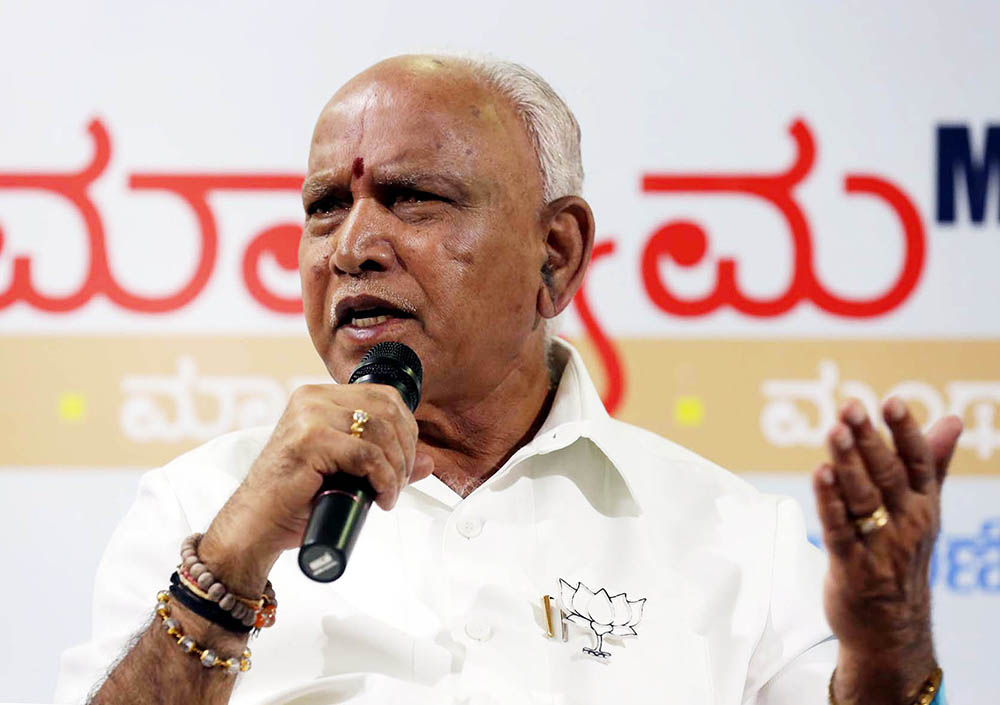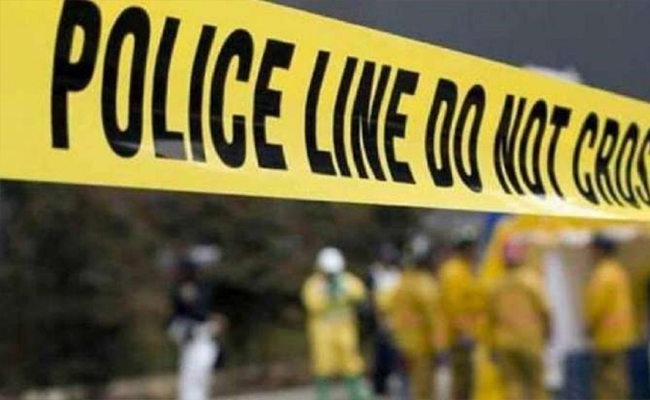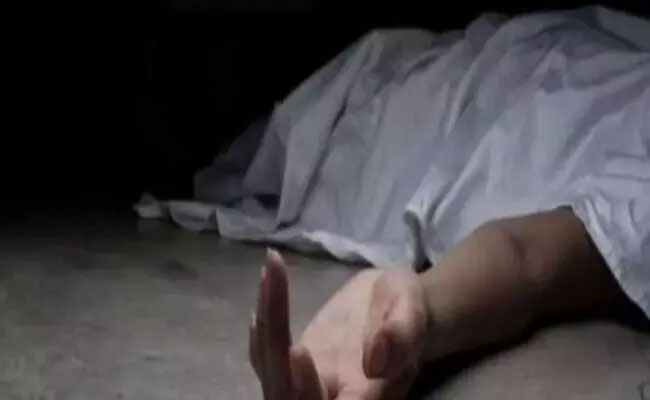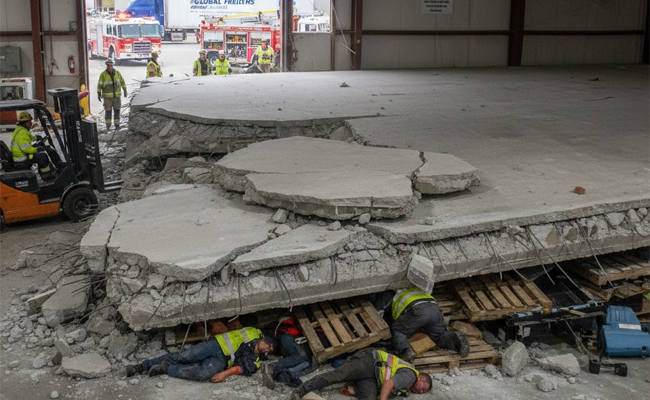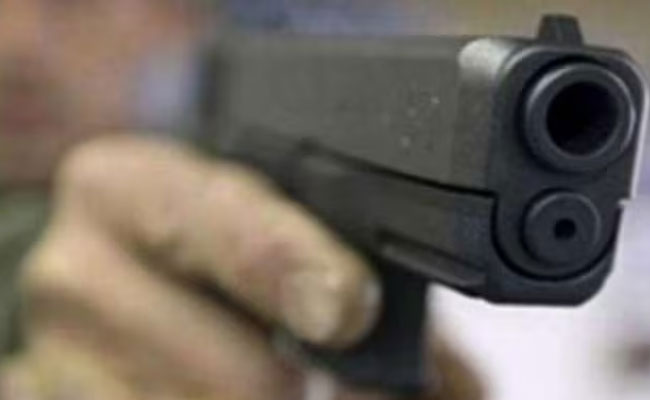Bengaluru, May 4: The Karnataka government on Tuesday decided to treat journalists as frontline COVID warriors and inoculate them on a priority basis.
"We will treat journalists as frontline workers and vaccinate them on a priority basis," Chief Minister B S Yediyurappa told reporters after a special cabinet meeting to control the growing COVID cases in the state.
He, however, appealed to journalists not to cover incidents in a manner that it created fear among people.
"There is a health emergency situation in the state as well as the country. It is the responsibility of the media to point out flaws and shortcomings but showing one issue continuously will create fear among people," Yediyurappa pointed out.
The cabinet decided to import five lakh doses of Remdesivir injection and also one lakh oxygen concentrators.
The Chief Minister also warned those black-marketing Remdesivir drug by colluding with company officials, their agents and middlemen.
The cabinet also decided to appoint ministers to supervise the oxygen and Remdesivir supply, bed availability and COVID Call centres and war rooms, the Chief Minister said.
According to him, the district in-charge ministers have been asked to camp in their respective district and have been given full authority to bring COVID cases under control.
"In order to procure more oxygen and Remdesivir drug we are constantly in touch with the Central government," the Chief Minister said, adding, more number of COVID care centres would be opened in the districts.
Suitable action would be taken to appoint doctors and nursing staff for COVID control, he added.
Let the Truth be known. If you read VB and like VB, please be a VB Supporter and Help us deliver the Truth to one and all.
Thane (PTI): Two minor girls were rescued after a prostitution racket was busted in Navi Mumbai, a police official said on Monday.
On a tip off about one Harish running a flesh trade racket, the Navi Mumbai Crime Branch started a probe on February 20, the official said.
"A decoy customer was sent to verify the information, following which a trap was laid in front of a hotel in Sector 11. The Anti Human Trafficking Cell nabbed Harish Vikas Chhari, a resident of Koparkhairane, while his associate Raj Singh is on the run. Two minor girls were rescued," the CBD Belapur police station official said.
A case has been registered under Bharatiya Nyaya Sanhita, Immoral Traffic (Prevention) Act, and Protection of Children from Sexual Offences (POCSO) Act, the official added.

